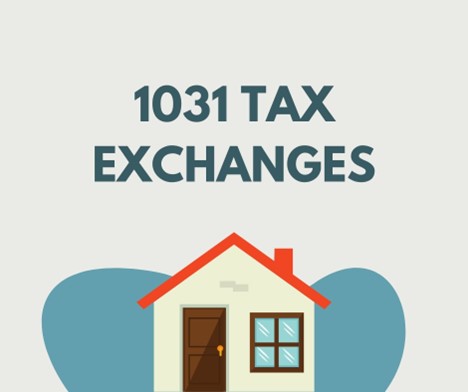Tax controversies can be a labyrinthine journey, weaving through a myriad of rules, regulations, and disputes between taxpayers and tax authorities. In this blog post, we’ll delve into the world of tax controversy matters, shedding light on the complexities, challenges, and strategies involved in resolving disputes with tax authorities.
Understanding Tax Controversies:
Tax controversies arise when there is a disagreement between a taxpayer and tax authorities, such as the Internal Revenue Service (IRS), regarding tax-related matters. These disputes can encompass a wide range of issues, from disagreements over tax liabilities to complex matters involving tax audits, investigations, and legal proceedings.

Common Tax Controversy Issues:
- Tax Audits: Tax audits are routine examinations conducted by tax authorities to ensure compliance with tax laws. Audits can lead to disputes over reported income, deductions, and various tax credits.
- Tax Penalties and Interest: Disputes may arise concerning the assessment of tax penalties and interest. Taxpayers may challenge the validity of penalties, claiming reasonable cause for non-compliance.
- Classification Issues: Determining the correct tax classification for income or business activities can be a source of controversy. Misclassification can lead to disputes over tax liabilities.
- Appeals and Litigation: When disputes escalate, taxpayers may find themselves in the appeals or litigation stage. This involves presenting their case before an appeals officer or a court, respectively.
Navigating Tax Controversies:
- Seek Professional Guidance: Engaging the services of tax professionals, including tax attorneys and certified tax specialists, is paramount when navigating tax controversies. These experts possess the knowledge and experience needed to interpret complex tax laws and regulations.
- Documentation and Record-Keeping: Thorough and organized documentation is crucial in supporting your position during a tax controversy. Maintain clear and comprehensive records of financial transactions, deductions, and any other relevant information.
- Open Communication: Establishing open and transparent communication with tax authorities is key. Respond promptly to inquiries, provide requested information, and maintain a cooperative attitude throughout the resolution process.
- Consider Alternative Dispute Resolution (ADR): Alternative dispute resolution methods, such as mediation or arbitration, may offer a less adversarial approach to resolving tax controversies. ADR can be a more cost-effective and time-efficient option compared to traditional litigation.
- Stay Informed and Updated: Tax laws and regulations are subject to change. Staying informed about updates and changes in tax legislation is crucial for effectively navigating tax controversies and ensuring compliance.
Benefits of Successfully Resolving Tax Controversies:
- Financial Certainty: Resolving tax controversies provides taxpayers with financial certainty, allowing them to plan for the future without the looming uncertainty of unresolved tax disputes.
- Avoidance of Severe Penalties: Timely resolution can help avoid the accrual of severe penalties and interest, minimizing the financial burden associated with prolonged disputes.
- Preservation of Reputation: A successfully resolved tax controversy can help preserve the taxpayer’s reputation and maintain a positive relationship with tax authorities.
Tax controversies are a challenging aspect of financial life, but with the right strategies, professional guidance, and a proactive approach, taxpayers can successfully navigate these complex matters. By staying informed, maintaining clear documentation, and engaging in open communication with tax authorities, individuals and businesses can pave the way for a resolution that aligns with both legal compliance and financial stability. Remember, knowledge is your most powerful tool in the realm of tax controversies. If you have questions about a tax controversy, contact us today through ravosalaw.com.
This is only intended to be information and does not constitute legal advice, nor does it create any attorney-client relationship with the firm.

